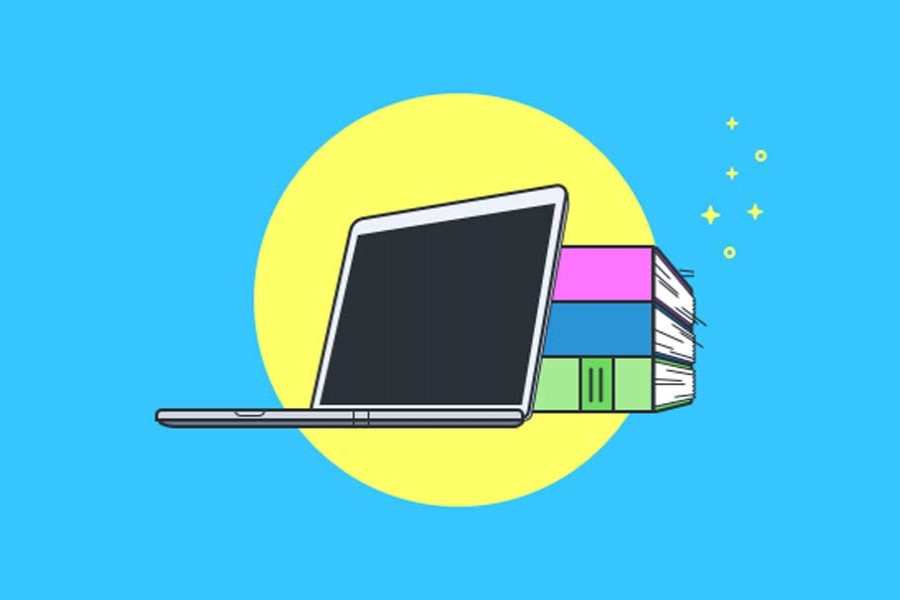We haven't seen, of late, any major scientific innovation, including curable medicines and not excluding vaccines, for deadly coronavirus. The situation created by the pandemic is new to an entire generation but not the system, which mostly fails to deliver them required services and has made them somewhat depressed by this time.
We were already living not in a world where rules of the game would be changed for those who want to see the widening disparity is arrested. Neither have the recent political orders in most nations been transformed in order to stop peoples' isolation from the governance process.
So, the crisis itself has been such a deadlock that most people are not finding any common solution to the challenges - defining and returning to a normal life and getting new ways to resume activities relating to business, education, recreation and altruism. In Bangladesh, we've rather witnessed some struggles in the health sector and hardly any innovation for economic recovery meant particularly for the common people.
That does not mean productive activities have come to a halt. While there are desperate efforts by a few groups of people to save their industry, career or livelihoods, money is flowing to only, say, technology companies, and food, medicine and emergency suppliers. In other words, most people are being deprived of money that normally comes to their pockets. Thus this deadlock entails disparity, widened further by the impacts of the Covid-19 pandemic.
Just four Americans - Jeff Bezos, Bill Gates, Mark Zuckerberg and Elon Musk - have a combined wealth of more than $500 billion, much higher than the latest gross domestic product (GDP) of Bangladesh, a country of 165 million population! Development economist from the same country, Jeffrey Sachs, termed this "absolutely inappropriate in a world where we have so much misery and suffering".
Countries like Canada and Germany have offered their citizens supports through stimulus packages that not only gave lifeline but also scope to act for overcoming the effects of the crisis. In our case, it's a challenge of keeping a big number only engaged in economic activities. At the micro-level, it's a challenge of getting an opportunity for individuals to work.
In any discriminatory system, it's a mountainous task to turn the challenge into an opportunity. None other than the beneficiaries want an unjust society where generations perish failing to grow.
Also true is the fact that had there been absolute justice, people might not have taken serious drives for acquiring wealth and knowledge. However, doing injustice can be neither an excuse for exploitation nor even incentive for economic development. Still, doing nothing for the suffering millions is tantamount to a crime against humanity.
The post-pandemic situation may become an economic pandemic unless innovative steps are taken or at least urgency of exploring new ideas is felt. For survival and creating optimism for the surviving generations and the posterity, initiatives for bringing changes can show the path of salvation.
In a densely populated country full of youths, like Bangladesh, the solution lies in promotion of hundreds of thousands of initiatives for breaking the barriers to development and thus build connect lives and society. Many medium-sized enterprises and millions of micro enterprises can accommodate entrepreneurial ideas and aspirations of the generation of people who are waiting to enter the job market.
The crisis arising out of the pandemic has created the compulsion for all to think differently and an atmosphere to believe what people could not believe only a year ago. If people's initiatives to pursue their dreams are collectively supported under the aegis of the state, a new journey is possible with a well-directed roadmap.


